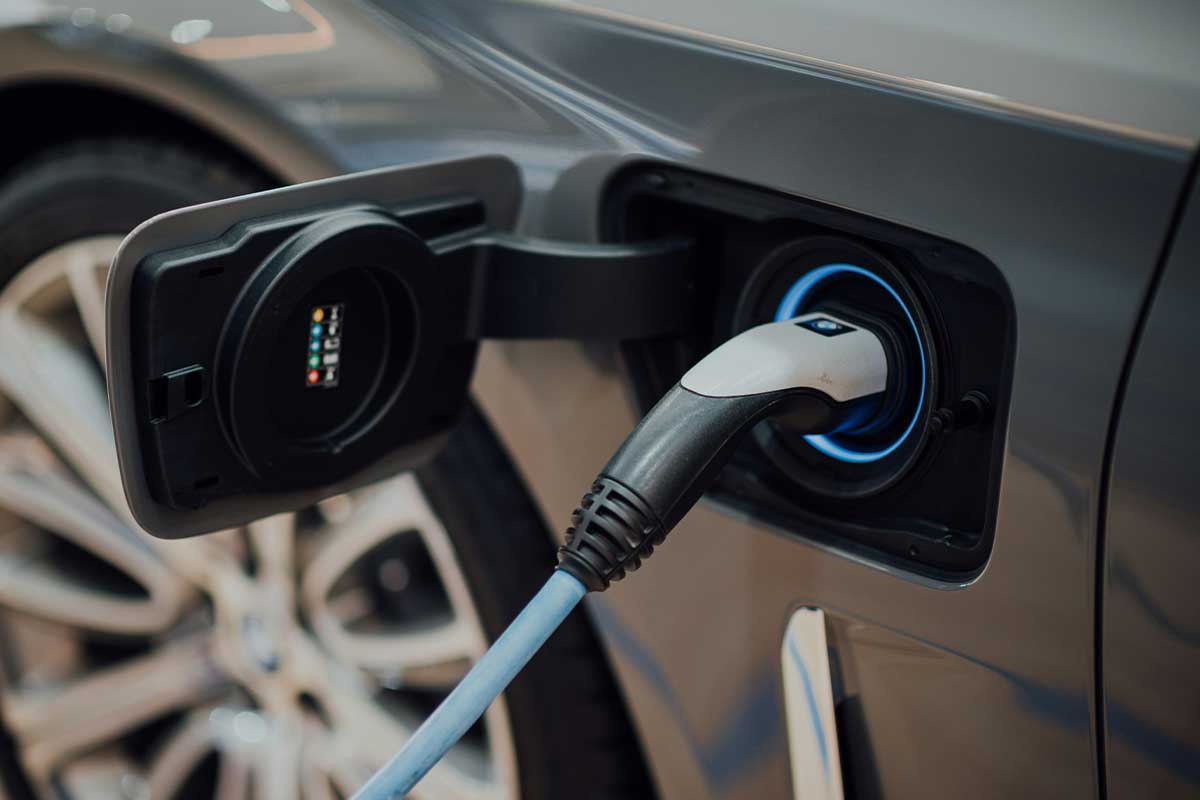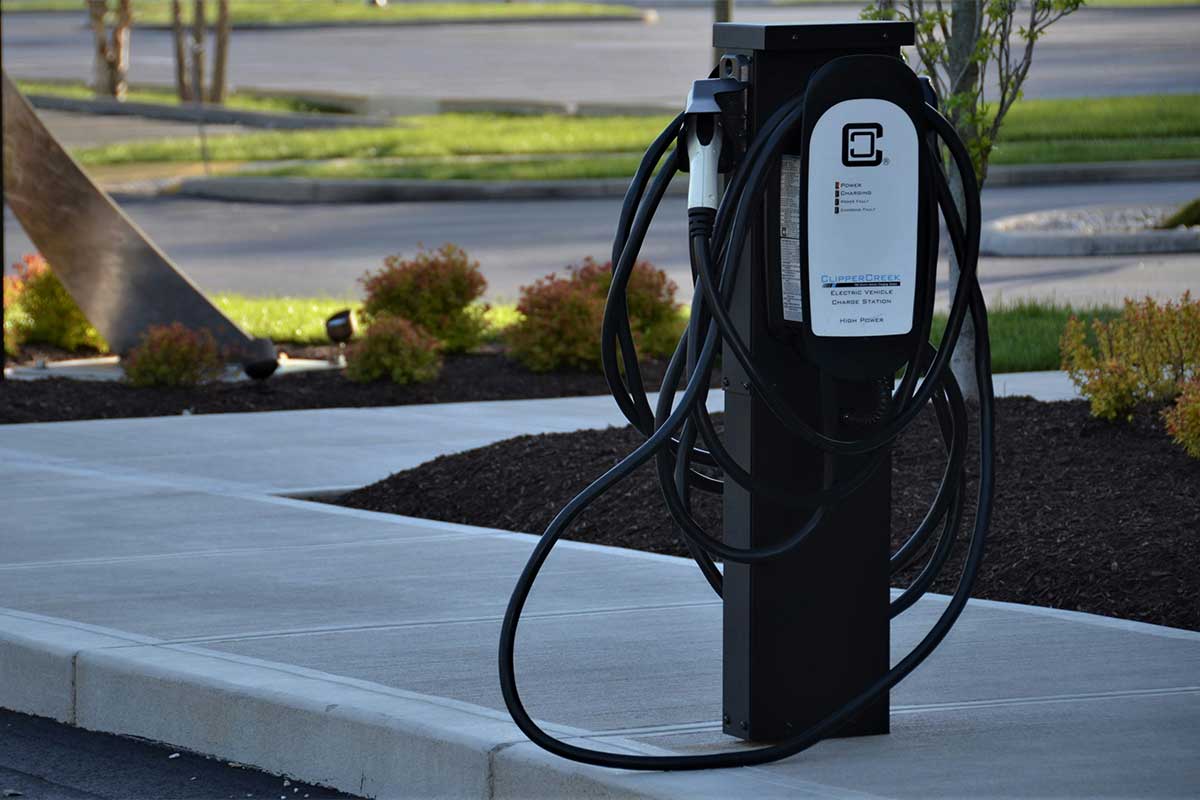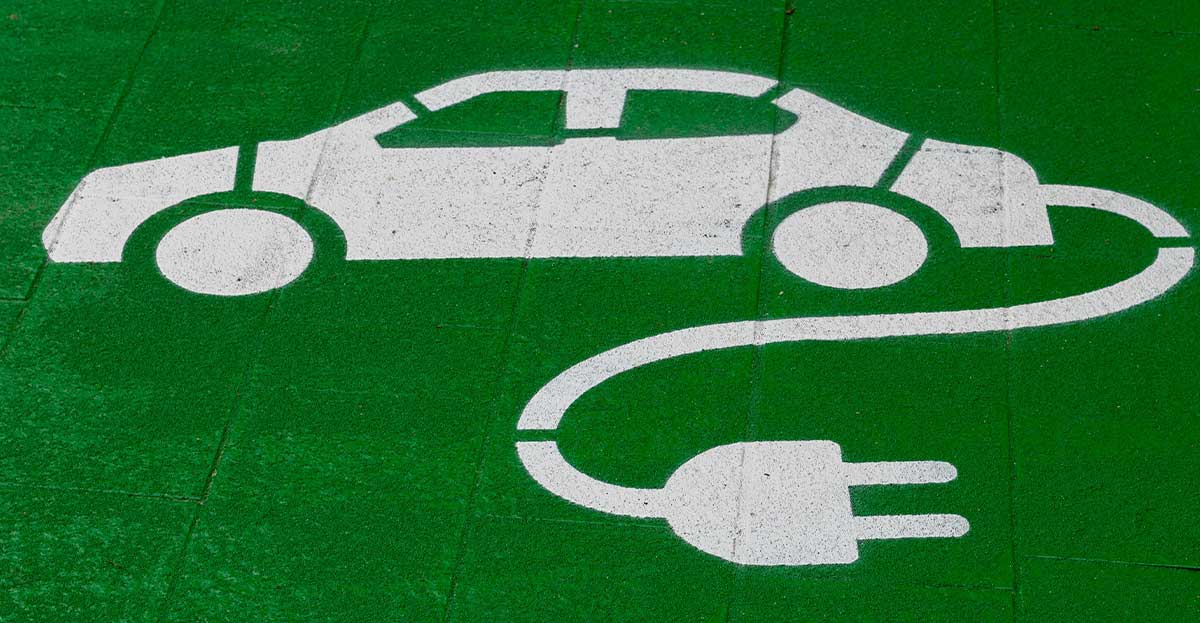The Inflation Reduction Act (IRA) is a collection of clean energy incentives, tax credits, and rebates that work to take progressive action on clean energy and climate change. Transportation accounts for almost 30% of greenhouse gas (GHG) emissions in New York City, with a majority of these emissions coming from passenger cars. The increase in electric vehicles (EVs) plays a key role in the city’s goal of achieving net-zero transportation emissions by 2050. EVs that run solely on electricity can contribute to better air quality and put us one step closer to reaching our climate goals.
Clean Vehicle Tax Credit
The federal Clean Vehicle tax credit lowers the purchase cost of clean energy EVs for consumers. This nonrefundable credit allows consumers to purchase and place in service new qualified plug-in EVs. Consumers purchasing new EVs may be eligible for a tax credit of up to $7,500 and used EV buyers may qualify for up to $4,000 in tax breaks.
This tax credit can be applied as a point-of-sale discount, so you can use this credit as a cash discount when you buy a car at the dealership. At the time of sale, a seller must give you information about your vehicle's qualifications.
Sellers must also register on the IRS Energy Credits Online platform and report the information to the Internal Revenue Service (IRS). If they don't, your vehicle won't be eligible for the credit.
Which Cars Qualify?
Under the Clean Vehicle tax credit, there are battery and sourcing requirements for vehicles. If the car meets both requirements, it may be eligible for the full credit of $7,500. If it only meets one requirement, it may be eligible for a partial credit of $3,750.
The IRS Fact Sheet details the requirement specifics for vehicles that are delivered or placed in service on and after April 18, 2023.

Purchase Price Cap
Vans, SUVs, and pickup trucks must have a manufacturer's suggested retail price (MSRP) of $80,000 or less to qualify. Other vehicles, like sedans and passenger cars, are capped at $55,000. For used vehicles, the price is capped at $25,000.
For new vehicles, the MSRP is the base retail price provided by the manufacturer, plus the retail price of each additional piece of equipment that is physically on the car at the time of delivery.
The IRS encourages buyers to visit FuelEconomy.gov for up-to-date information on eligible models.
- Check eligible EVs for vehicles purchased and delivered in 2022.
- Check eligible EVs for vehicles purchased and delivered in 2023 and later.
How Can You Qualify?
The Clean Vehicle tax credit sets limits on the modified adjusted gross income (MAGI) that taxpayers can make to qualify.
Taxpayer Income Limits for New EVs
Single and married filing separately: $150,000
Head of Household: $225,000
Married filed jointly: $150,000
Taxpayer Income Limits for Used EVs
Single and married filing separately: $75,000
Head of Household: $112,500
Married filed jointly: $150,000
How To Claim?
Claiming the Credit on Your Taxes
Taxpayers can claim the credit by filing Form 8936 when they file their federal income taxes.
Transferring the Credit to a Dealer
There are several necessary steps to transfer an eligible credit. See the IRS FAQ on transferability for more information. If transferring the EV credit to the dealer for payment, you must fill out Form 8936 when you file your return for that year. You must also attach a transfer election statement, which is a document that outlines the transfer of a specified credit between a taxpayer and a transferee.

Alternative Fuel Vehicle Refueling Property Tax Credit
The Alternative Fuel Vehicle Refueling Property Credit provides up to 30% of the cost of qualified refueling and charging property placed in service by the taxpayer.
Qualified Refueling Property
Refueling property must be used to store or dispense clean-burning fuel or to recharge electric motor vehicles to qualify for the credit. For additional details, visit the IRS website.
Do You Qualify?
Businesses and individuals that place qualified refueling property into service during the tax year are eligible for the credit.
How Do You Claim this Credit?
Taxpayers can claim the credit by filing Form 8911. File this form with your tax return for the year you placed the EV charger in service. You will need your receipt to show the purchase price of the EV charger and any additional fees.
The Inflation Reduction Act tax credits come as exciting news for those looking to shift towards clean energy transportation. While our blog post aims to provide comprehensive and useful information, we encourage you to consult with qualified tax professionals before your purchases.
By Community Organizer for Infrastructure & Environmental Justice, Sasha St. Juste.
All images: Unsplash
Don't miss the latest from the Office of the Public Advocate. Subscribe to the Advocate Bulletin newsletter.
